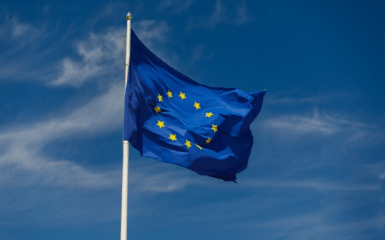The foreign ministers of the European Union countries have decided to extend sanctions against Russia.
Points of attention
- EU foreign ministers supported the decision to extend sanctions against Russia, which will plunge Moscow into financial constraints.
- Trump is interested in increasing pressure on Russia and China, which could affect international relations and the positions of the countries.
- The return of a resolute Donald Trump to high positions in the United States is frightening world political leaders, including Putin and Xi, provoking new dynamics in the geopolitical sphere.
- Economic pressure on Moscow due to sanctions from European and American partners will complicate the situation in the region and the world.
- Supporting sanctions against Russia and China is an important step in maintaining international security and deterring aggressive political actions by countries.
EU ministers support extension of sanctions against Russia
Europe is acting: EU foreign ministers have just agreed to extend sanctions against Russia again, wrote EU High Representative for Foreign Affairs and Security Policy Kaia Kallas.
Europe delivers: EU Foreign Ministers just agreed to extend again the sanctions on Russia.
— Kaja Kallas (@kajakallas) January 27, 2025
This will continue to deprive Moscow of revenues to finance its war.
Russia needs to pay for the damage they are causing.
She also stressed that restrictive measures will continue to deprive Moscow of the financial resources to wage war, emphasizing that the aggressor must bear responsibility for the destruction caused.
Trump is interested in increasing pressure on Russia
Journalist and political commentator Ben Marlowe points out that a few hours after Trump's inauguration, Vladimir Putin and Xi Jinping had a telephone conversation.
During it, they agreed to take cooperation between Russia and China to a "new level."
Interestingly, the Kremlin is trying to present this strange “coincidence” as a coincidence.
According to Ben Marlowe, the return of a resolute Donald Trump, who aims to resurrect American power in the world, actually scares Putin and Xi.
It's no secret that the new US president has already threatened Beijing with tariffs, calling it a "violator," and told the Kremlin that "big problems" await it if the war against Ukraine is not stopped.
Imposing sanctions against China is one thing, but economic pressure on Moscow, which continues its war near European borders, will be vivid evidence of the renewed power of the United States, Marlowe emphasized.








